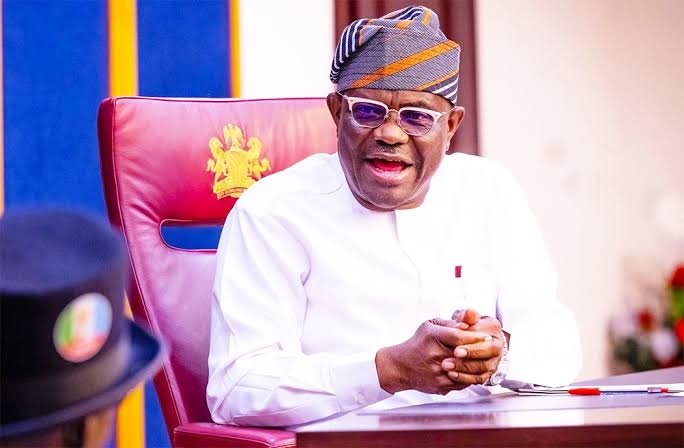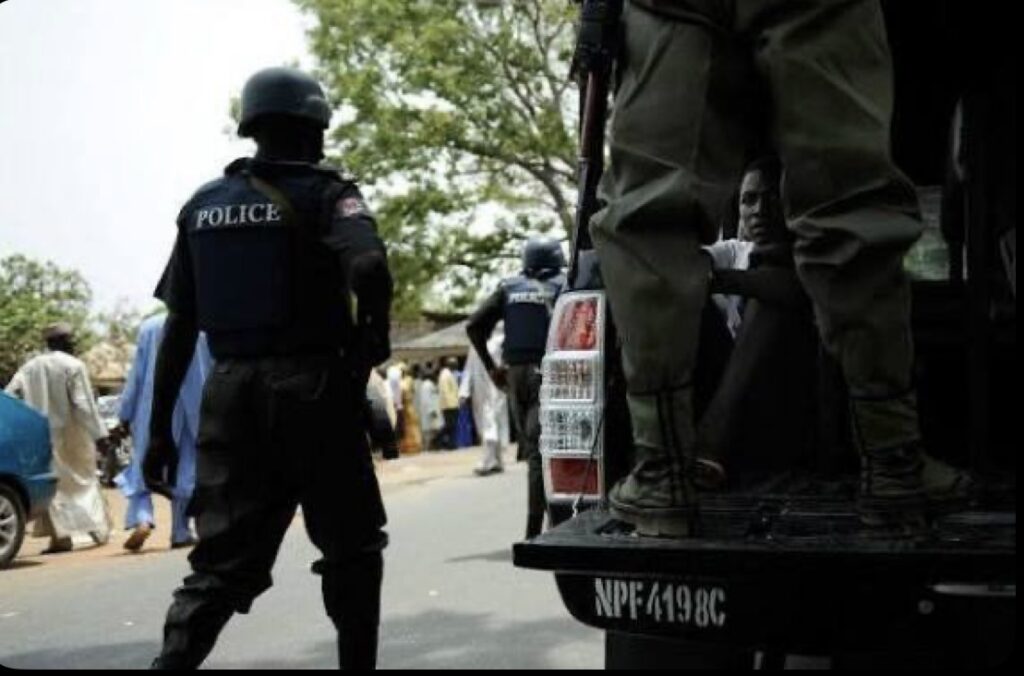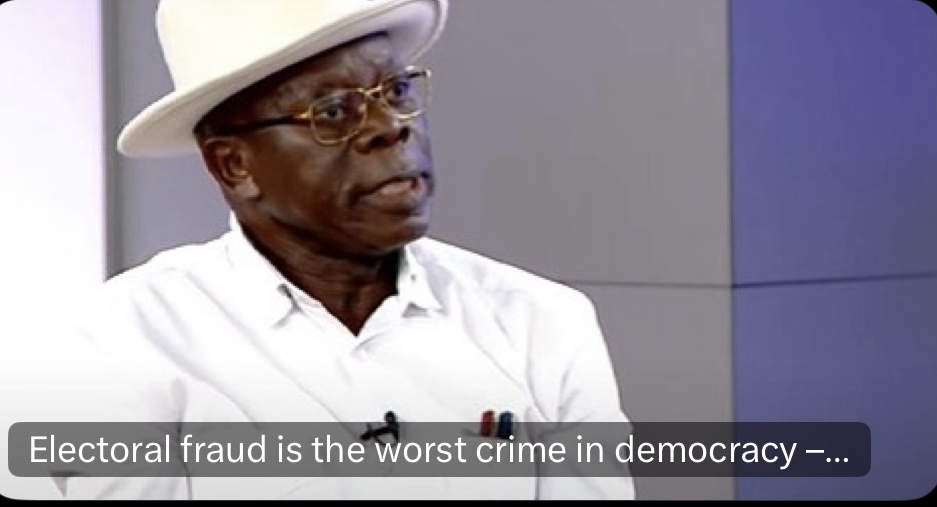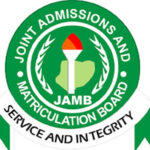ADC Alleges EFCC Targeting Opposition Leaders, Names David Mark, Emeka Ihedioha
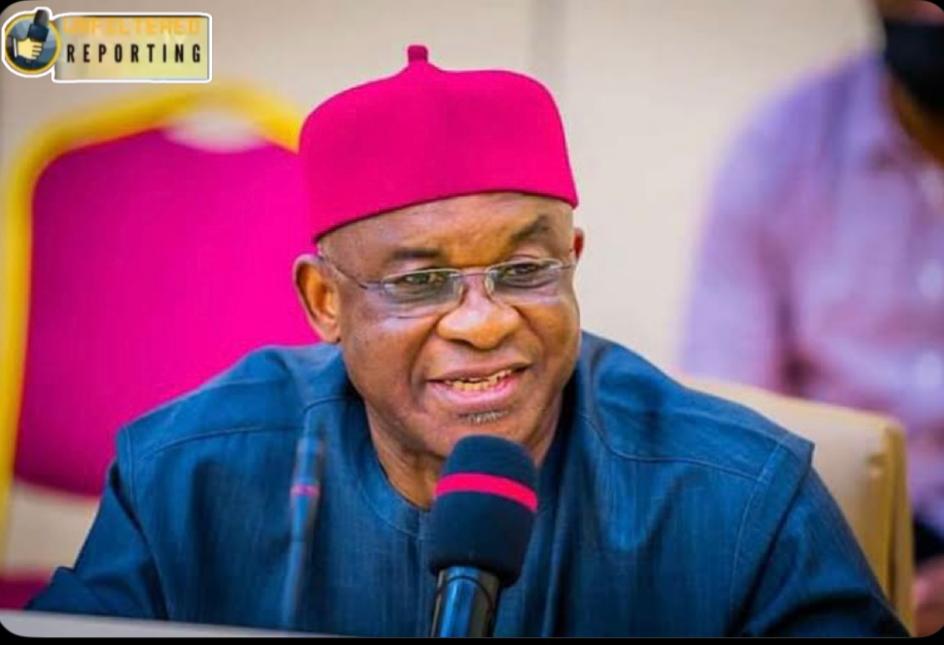
The African Democratic Congress (ADC) has accused the Economic and Financial Crimes Commission (EFCC) of politically motivated investigations targeting opposition figures, raising concerns about the agency’s impartiality.
In a statement on Tuesday, the ADC said former Senate President David Mark and former Imo State Governor Emeka Ihedioha are among those allegedly under EFCC scrutiny. The party described the investigations as selective and aimed at intimidating opposition leaders ahead of the 2027 general elections.
Mallam Bolaji Abdullahi, ADC’s spokesperson, criticized what he called “media trials” by the EFCC, claiming the agency seeks to tarnish the reputation of opposition members rather than resolve cases transparently. According to the party, the timing of the investigations is suspicious, given that these leaders left office years ago, while ruling-party officials with ongoing corruption allegations remain untouched.
The EFCC has reportedly requested details about Ihedioha’s brief seven-month tenure as governor and has begun examining records from David Mark’s Senate presidency between 2007 and 2015. ADC also condemned the detention of former Sokoto State Governor Aminu Tambuwal over alleged unauthorized withdrawals totaling ₦189 billion, describing it as part of a broader political strategy.
EFCC Chairman Ola Olukoyede defended the commission, insisting it operates independently and pursues cases based on evidence. He called ADC’s claims “self-serving and diversionary” and urged the public to allow due process to take its course.
Other opposition voices have joined the criticism. Former Vice President Atiku Abubakar described Tambuwal’s detention as politically motivated, while the Human Rights Writers Association of Nigeria (HURIWA) warned that the EFCC risks being perceived as a tool of the ruling party.
The Obidient Movement also criticized the agency, likening its actions to authoritarian tactics that threaten Nigeria’s democratic integrity.
The ADC’s allegations have reignited debates about the independence of Nigeria’s anti-corruption institutions, with observers warning that perceived partisanship could undermine public confidence and democratic governance ahead of the 2027 elections.



